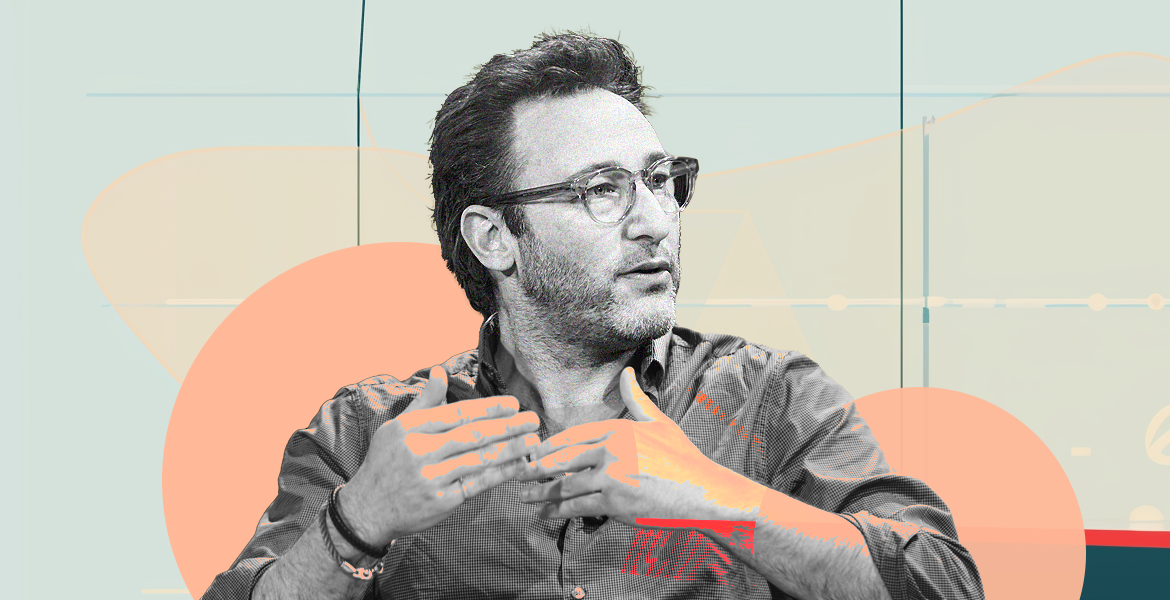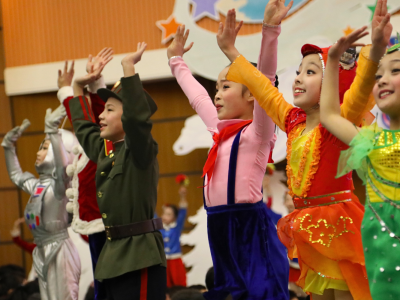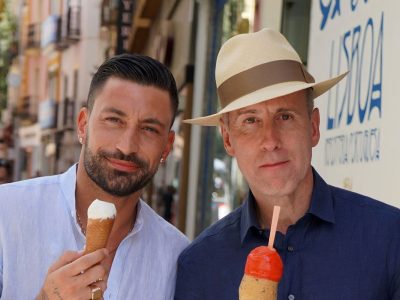Anyone who’s been on Instagram, TikTok, YouTube, any given podcast platform or any bookstore in the last decade has heard or seen the works of Simon Sinek. He’s a leadership coach, motivational speaker, podcaster and bestselling author of several books including ‘The Infinite Game’, and he recently said that the most important thing that airlines, hotels and travel brands can offer these days is human interaction, plain and simple.
Speaking at EXPLORE 24, Sinek said, “The best thing about having status in a hotel, in an airline, is not the upgrades… it’s the phone number. When I call, I get a person whereas somebody who doesn’t have status gets a machine.
“We are now living in a world where interacting with a human being has become a luxury. We know how special human interaction is. Because it’s not the problems that they’re solving, but that I get to talk to a person who has been trained well and cares about me.”
During his 30-minute session with Greg Schulze (President of Travel Partners and Media, Expedia Group), Sinek touched on various topics such as leadership and competition, but most of all, the rapid adoption of technology in the travel industry.
“If we over-index on the technology, we’re actually creating problems we didn’t know that we were making,” warned Sinek. “We’re starting to see it with social media and cell phones – they were a great idea and wonderful, but we didn’t think it all the way through. And we’ve created new problems like addiction and depression. So, I always like to think what good will come of this. What’s next?”
“We need to envision the good that will come from technology while being mindful of potential pitfalls.”
“Technology is supposed to alleviate stress,” he continued, “but just because we can do something with technology doesn’t mean we should. The real question is, what are we solving for?
Leadership and traveller satisfaction
Sinek, the host of the wildly popular ‘A Bit of Optimism’ podcast, also made the connection that if employees in a hotel or hospitality company were happy, it would result in the satisfaction of travellers.
During one of his recent stays at the Four Seasons in Las Vegas, Sinek met Noah, a barista whose enthusiasm for his job was palpable. When asked why he loved his job, Noah explained, “Managers here ask me if there’s anything they can do to make my job better.” This supportive environment starkly contrasted with Noah’s experience at another hotel, where the focus was on catching mistakes rather than fostering a positive work atmosphere. “Our experience of Noah at these two different hotels was profoundly different because of the leadership environments,” Sinek noted.
“Without skipping a beat, Noah said I love my job,” recounted Sinek. “Now in my line of work, that is significant – like versus love. ‘Like’ is rational. Love is emotional. It’s a higher order of connection. It’s like, do you love your husband? I like him a lot.”
According to Sinek, good customer service is often judged not by whether the problem is solved but by how much effort the representative puts into helping, showing genuine concern and care for the customer.
Here’s a paraphrased version of Sinek’s anecdote using airline customer service as an example: if a traveller wants to catch an earlier flight, they might encounter an agent who denies their request due to ticket class restrictions. This would likely lead to frustration and dissatisfaction. However, if another agent shows empathy and tries multiple solutions, the customer feels valued and understood, even if the end result is the same. This effort and genuine care are what distinguish great service from poor service, demonstrating that it’s the quality of human interaction that matters most.

Simon Sinek, bestselling author and leadership coach, being interviewed by Greg Schulze, President of Travel Partners and Media, Expedia Group, at EXPLORE 24 in Las Vegas
The resilience of travel and hospitality
The pandemic, Sinek believes, “may have been one of the best accidental things that ever happened to the travel industry, because it really showed us the importance of people.” Despite the initial chaos, the global crisis underscored the irreplaceable value of human interaction. “Interacting with a human being has become a luxury, and we see its importance more clearly now.” He cited the resurgence of travel advisors, a job title that everyone thought would go extinct during the pandemic, and the enhanced appreciation for personal service as evidence of the industry’s resilience.
Behaviours and outcomes
Another big topic at EXPLORE this year was Expedia Group’s new CEO, Ariane Gorin, who had officially taken on the title 48-hours before the company’s flagship event.
In fostering a culture of innovation and risk-taking, Sinek emphasised incentivizing behaviors rather than outcomes. “You can’t incentivise an outcome; you can only incentivize the behavior,” he asserted. He shared a personal anecdote about a promotion he received for showing initiative, despite the company losing the pitch he worked on. “My boss rewarded my initiative, not the result, which encouraged more of the same behavior.”
Sinek added, “In travel, the outcome is really delightful. It’s experiences and stuff that reinforces relationships with memories, and is arguably more important than money to a lot of people. What an amazing gift to give people. And so,set your sights on – we want to create the most memorable experiences a family can have for the rest of their lives.”
Playing ‘the infinite game’ in travel
Sinek’s concept of the “infinite game”, as outlined in his bestselling book, offers a framework for understanding long-term success in business. “A finite game is defined by known players, fixed rules, and an agreed-upon objective,” Sinek explained. “In contrast, an infinite game has known and unknown players, changeable rules, and the objective is to perpetuate the game.” He argued that many business leaders mistakenly adopt a finite mindset, focusing on beating competitors rather than fostering innovation and trust.
“The decline of trust, cooperation, and innovation are predictable outcomes when we play to win a game that has no finish line.”
Sinek also addressed the dynamics of competition in business, advocating for viewing competitors as “worthy rivals” rather than adversaries. “Two companies can sell the same thing and both be successful,” he pointed out. Reflecting on his experiences with Microsoft and Apple, he illustrated how a focus on mission rather than competition leads to better outcomes. “Apple was obsessed with helping teachers and students, while Microsoft was focused on beating Apple. Guess who had issues with innovation and trust?” he asked rhetorically.
“There’s no such thing as winning or losing. You’re either ahead or behind. How do we make our culture better this year? How do we make our leaders better than last year? How do we make our marketing better than it was last year? Learn from your rivals, those who are better than you. Have their strengths reveal to you where you have to improve.”
As Sinek aptly put it, “The goal is not to compete against others but to outdo ourselves and perpetuate the game.”
The value of listening and understanding
“I think the travel industry is doing a really good job of listening,” said Sinek, while cheekily saying that airlines could use some work. “I think people are enjoying travel more. The check-in-check-out experience is better. “Experiences are a lot better.”
Switching to a more philosophical gear, Sinek also suggested that travel fosters more than just connections and memories, it also encourages tolerance and understanding between people.
“I think people who travel more are more curious and more open minded,” he said. “And when I say travel, I’m not even talking international. I’m talking domestic. Just meeting people and seeing the world and interacting with people I think – dare I say it – but I think it may hold the recipe for world peace.”
You can imagine the applause that followed.










